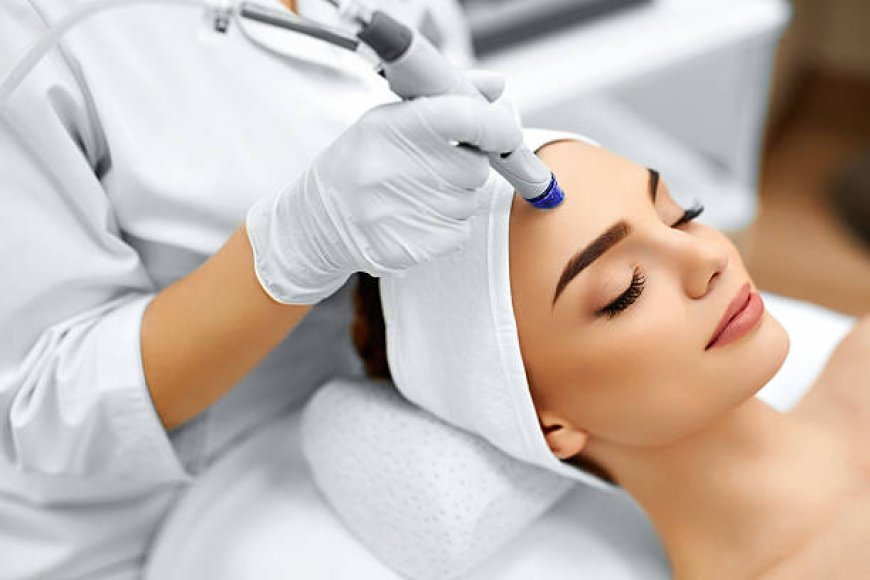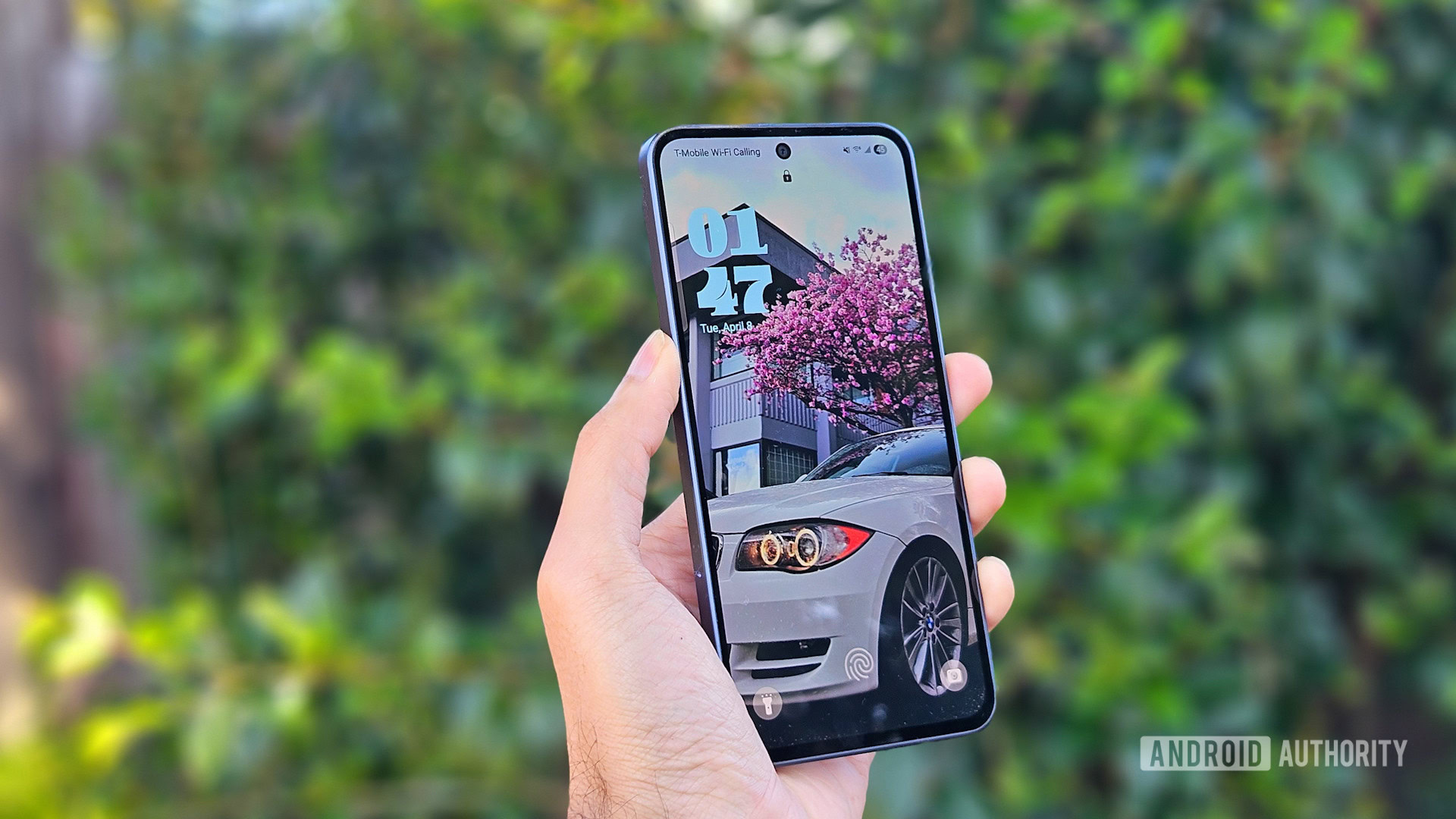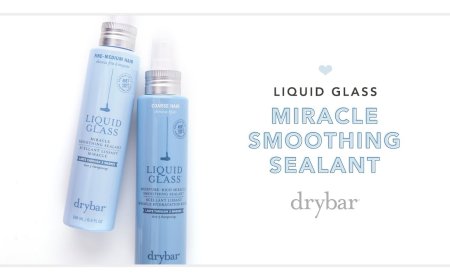Unlock Your Skin's Potential: Chemical Peels in Abu Dhabi

In the bustling metropolis of Abu Dhabi, where beauty is revered, individuals are continually in pursuit of methods to maintain a youthful complexion. Among the myriad of skincare treatments available, chemical peels have emerged as a powerful tool for achieving radiant, youthful skin. Let's uncover the secrets of chemical peels in Abu Dhabi, exploring their benefits, procedure, and frequently asked questions to reveal the pathway to timeless beauty.
Understanding Chemical Peels
What are Chemical Peels?
Chemical peels are cosmetic procedures that involve the application of a chemical solution to the skin, which exfoliates the outer layer of dead skin cells. This process stimulates cell turnover, revealing smoother, more youthful-looking skin underneath.
Types of Chemical Peels
Chemical peels are categorized based on their depth of penetration and the specific skin concerns they address. Superficial peels target the outermost layer of the skin and are ideal for mild exfoliation and rejuvenation. Medium and deep peels penetrate deeper into the skin and are effective for treating more severe issues such as wrinkles, acne scars, and hyperpigmentation.
Benefits of Chemical Peels
1. Skin Rejuvenation
Chemical peels promote the regeneration of skin cells, resulting in a refreshed and revitalized complexion. They can improve skin texture, reduce the appearance of fine lines and wrinkles, and enhance overall skin tone and clarity.
2. Acne Treatment
Chemical peels are beneficial for treating acne and reducing the appearance of acne scars. By unclogging pores, reducing inflammation, and promoting skin renewal, peels can help clear acne breakouts and minimize scarring.
3. Hyperpigmentation Reduction
Chemical peels can lighten dark spots, sun damage, and other forms of hyperpigmentation by exfoliating the outer layer of pigmented skin cells. This leads to a more even skin tone and a brighter complexion.
The Procedure of Chemical Peels
1. Consultation and Assessment
Before undergoing a chemical peel, individuals undergo a consultation with a skincare specialist to assess their skin type, concerns, and treatment goals. Based on this assessment, the appropriate type and strength of peel are selected.
2. Preparation and Application
On the day of the peel, the skin is thoroughly cleansed, and a pre-peel solution may be applied to prepare the skin. The chemical solution is then carefully applied to the skin and left on for a specified period before being neutralized.
3. Post-Peel Care
After the peel, individuals are provided with post-peel care instructions to optimize results and minimize side effects. This may include using gentle skincare products, avoiding sun exposure, and moisturizing the skin.
Types of Chemical Peels
1. Glycolic Acid Peels
Glycolic acid peels are superficial peels that exfoliate the outer layer of the skin, resulting in smoother, brighter skin. They are suitable for all skin types and can improve skin texture, tone, and clarity.
2. Salicylic Acid Peels
Salicylic acid peels are ideal for treating acne-prone skin and oily complexion. They penetrate deep into the pores, unclogging them, and reducing inflammation, resulting in clearer, healthier-looking skin.
3. TCA Peels
TCA peels are medium-depth peels that penetrate deeper into the skin, making them effective for treating moderate skin imperfections such as wrinkles, fine lines, and hyperpigmentation. They provide significant results with minimal downtime.
FAQs About Chemical Peels
Q: How many sessions are required to see results?
A: The number of sessions needed depends on the individual's skin concerns and the type of peel used. Some individuals may see noticeable improvements after a single session, while others may require multiple treatments for optimal results.
Q: Is there any downtime associated with chemical peels?
A: Depending on the depth of the peel, individuals may experience mild redness, flaking, and peeling following the treatment. However, these side effects typically subside within a few days to a week.
Q: Can chemical peels be performed on all skin types?
A: While chemical peels are generally safe for most skin types, individuals with certain skin conditions, such as eczema or rosacea, may not be suitable candidates for treatment. It's essential to consult with a skincare specialist to determine eligibility.
Q: Are chemical peels painful?
A: During the peel application, individuals may experience a mild tingling or stinging sensation, which subsides once the peel is removed. Discomfort is typically minimal and well-tolerated by most individuals.
Q: How long do the results of chemical peels last?
A: The longevity of results varies depending on factors such as skincare routine, sun exposure, and lifestyle habits. With proper post-treatment care and maintenance, results can last several months to a year.
Conclusion
Chemical peels in Abu Dhabi offer a safe and effective solution for achieving radiant, youthful skin. Whether you're looking to rejuvenate your complexion, treat acne, or reduce hyperpigmentation, chemical peels can help you achieve your skincare goals. With the guidance of a skilled skincare specialist and a personalized treatment plan, you can embark on a journey towards timeless beauty and renewed confidence.
What's Your Reaction?
 Like
0
Like
0
 Dislike
0
Dislike
0
 Love
0
Love
0
 Funny
0
Funny
0
 Angry
0
Angry
0
 Sad
0
Sad
0
 Wow
0
Wow
0




















































